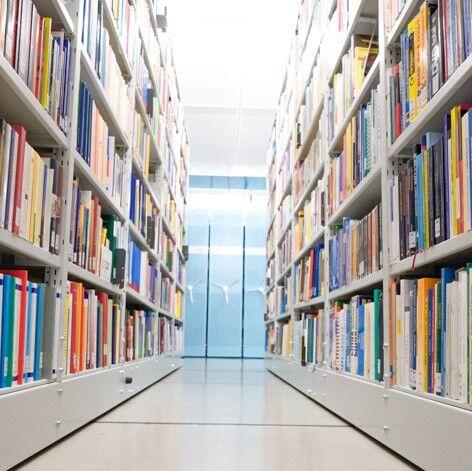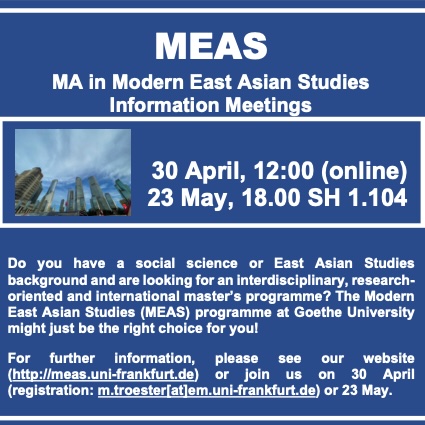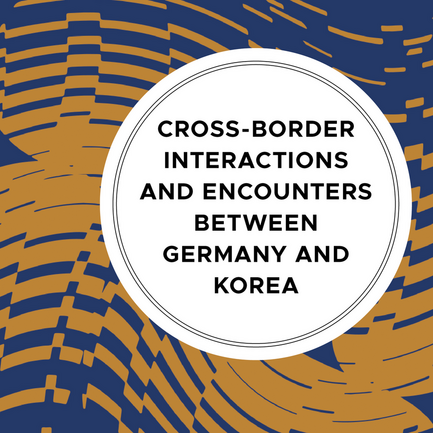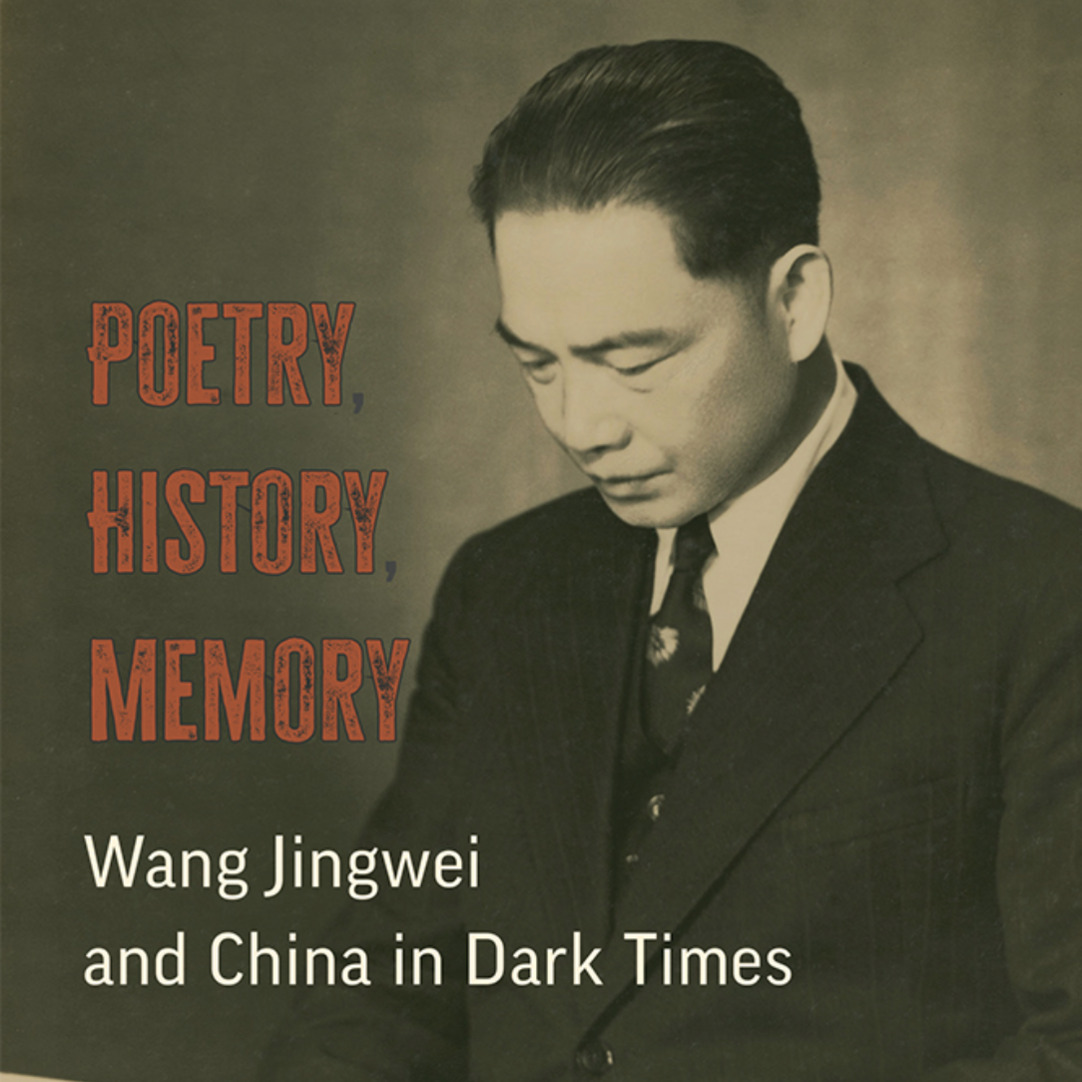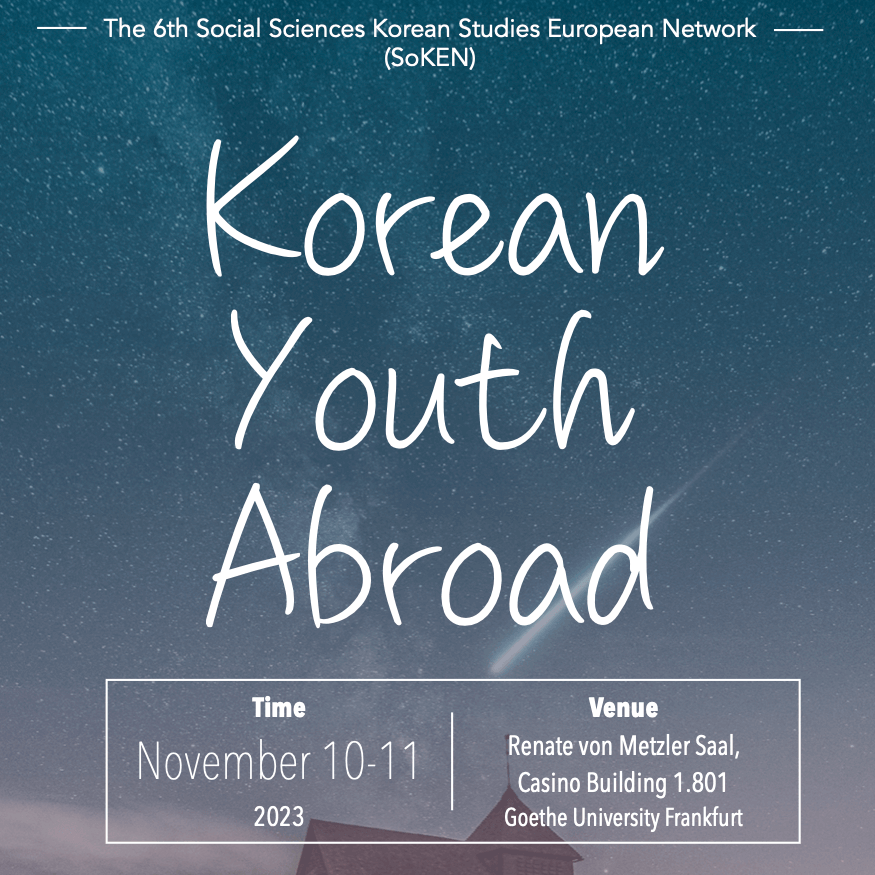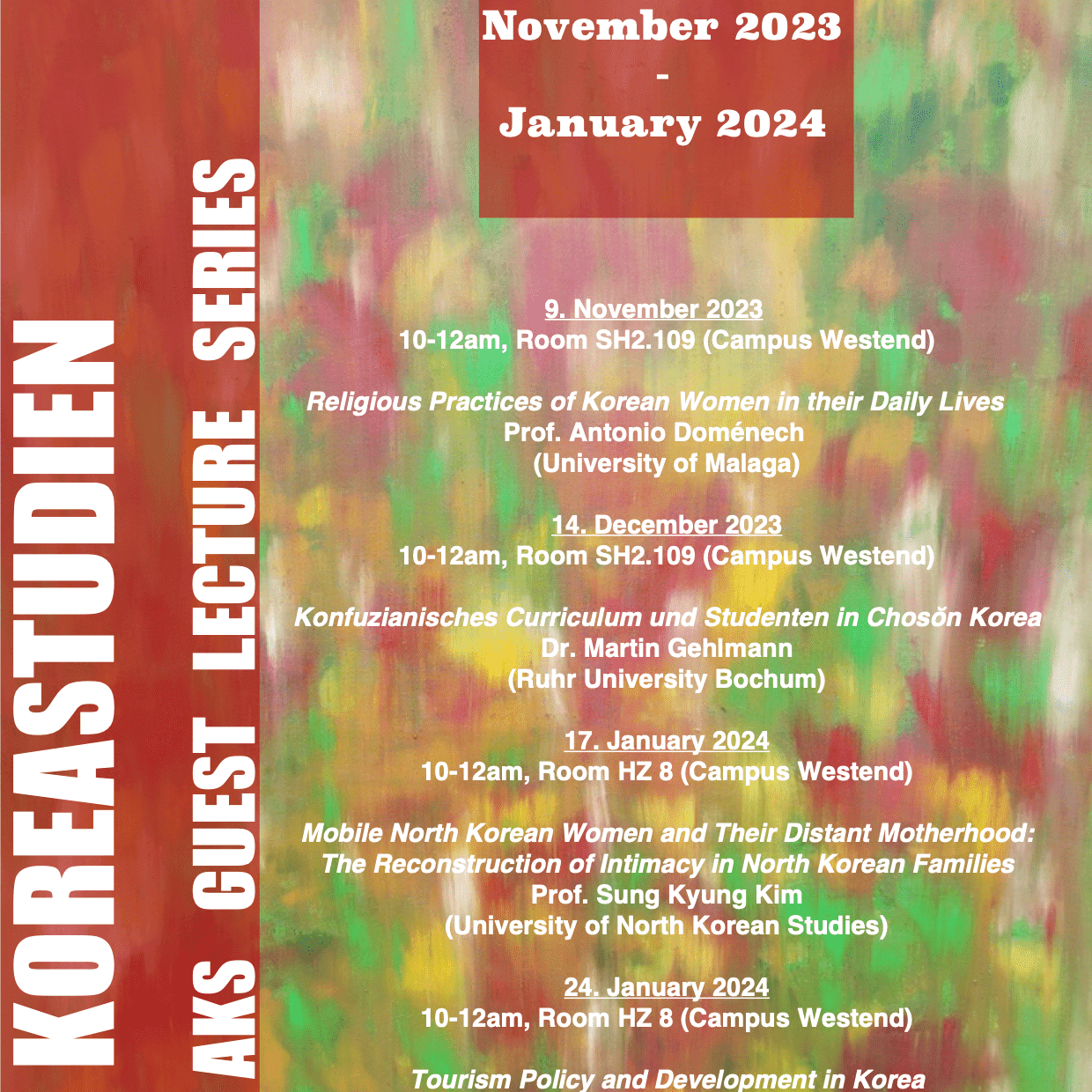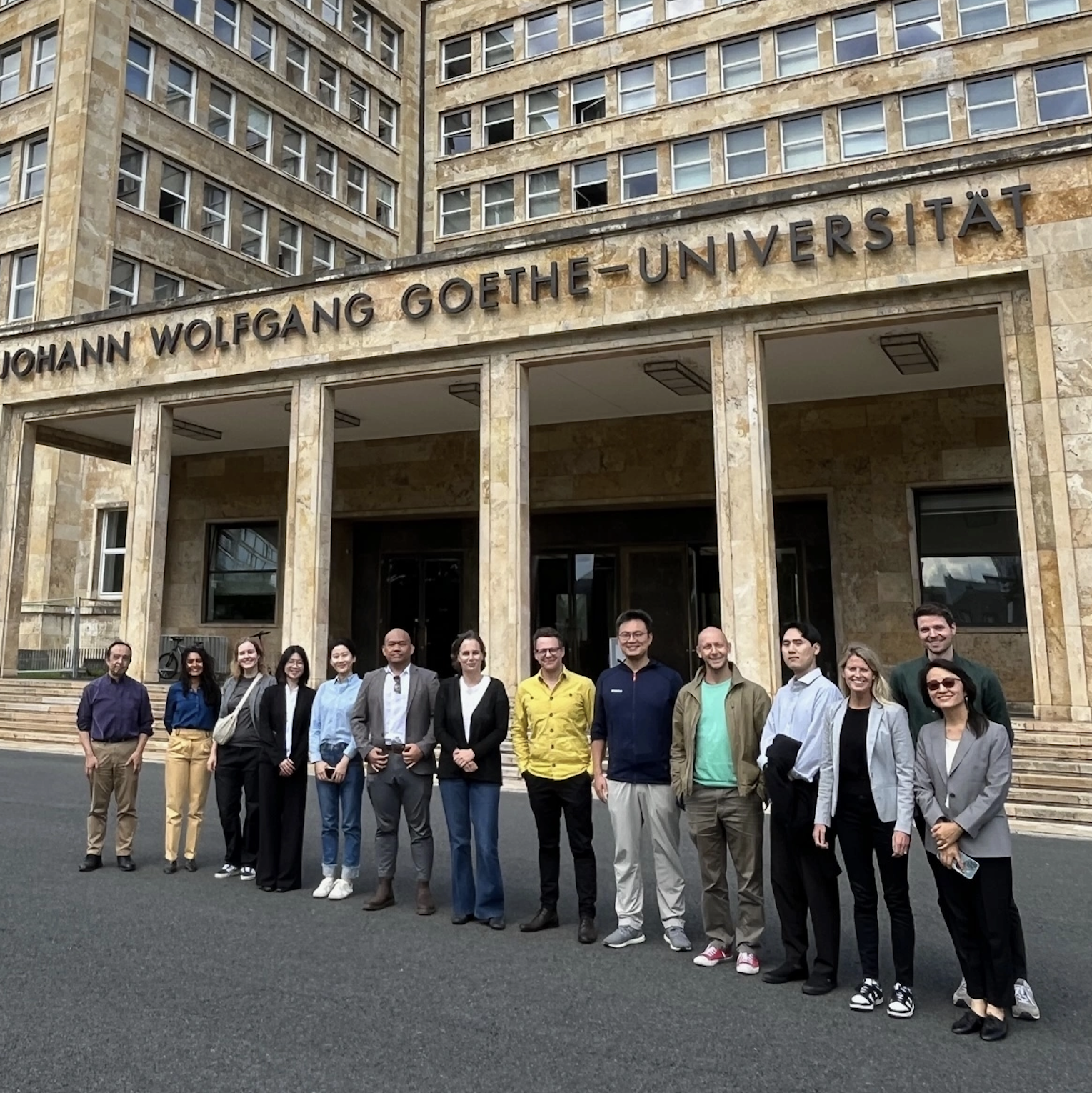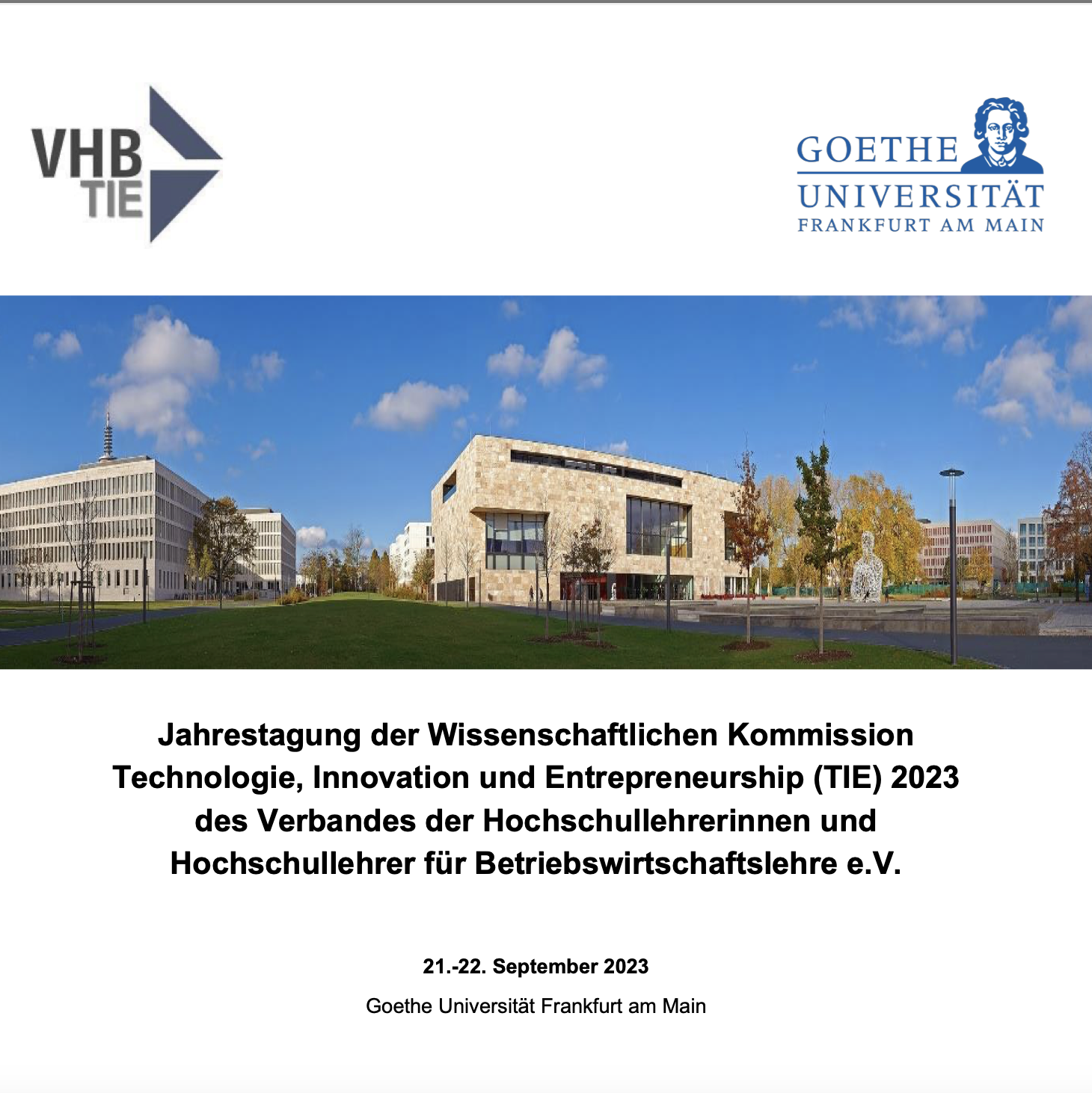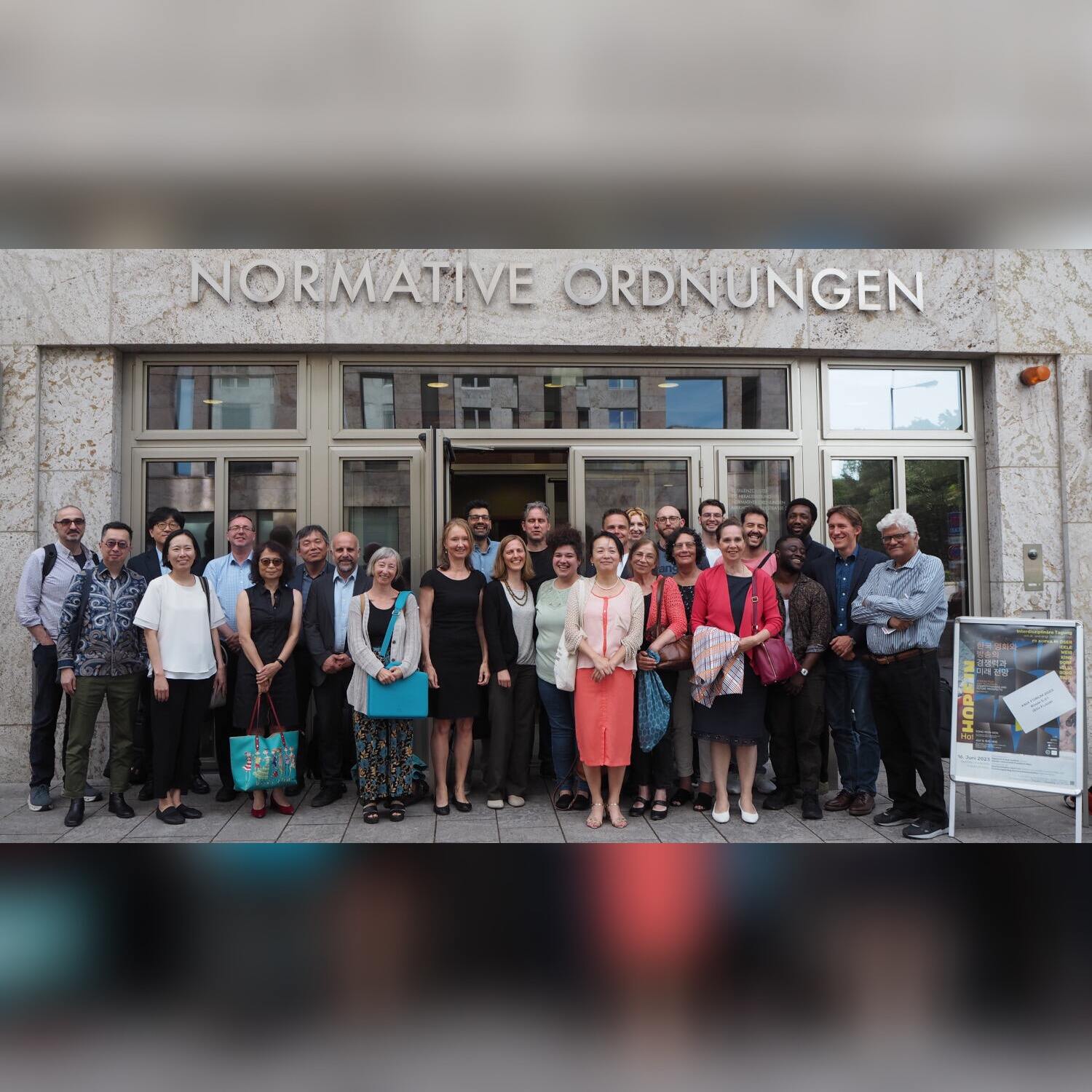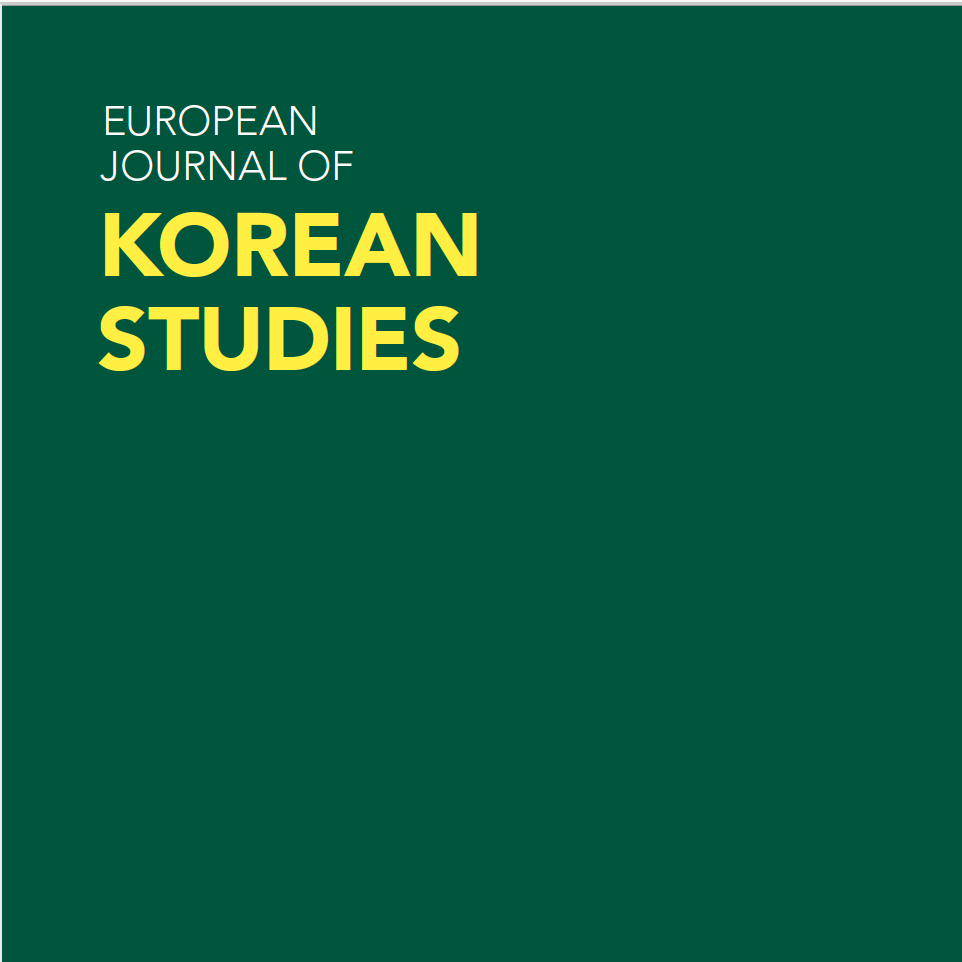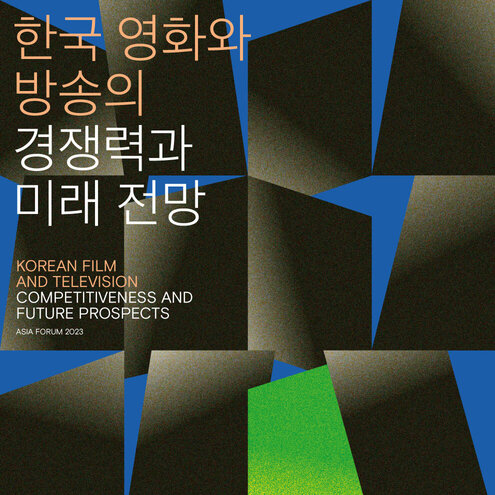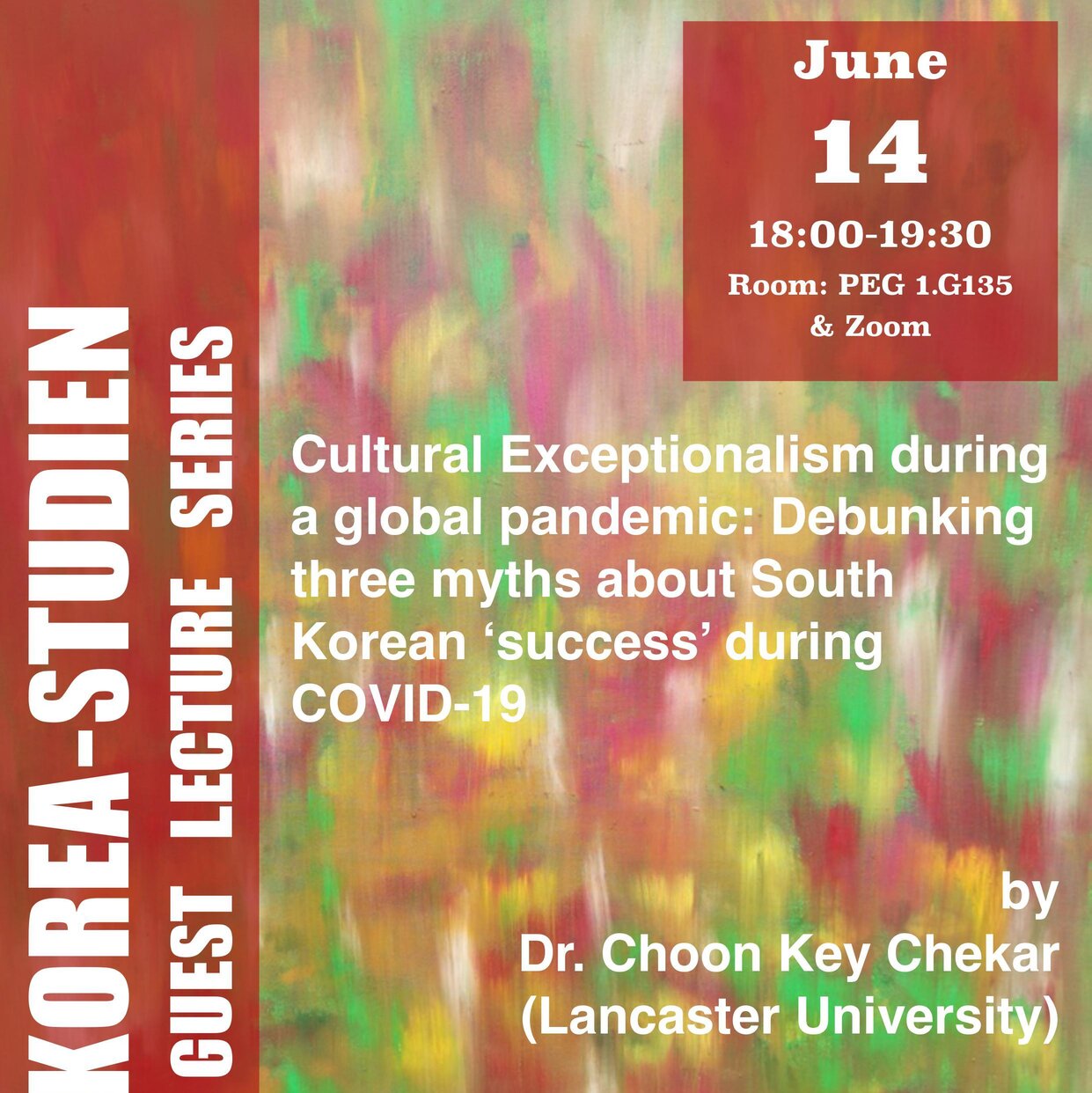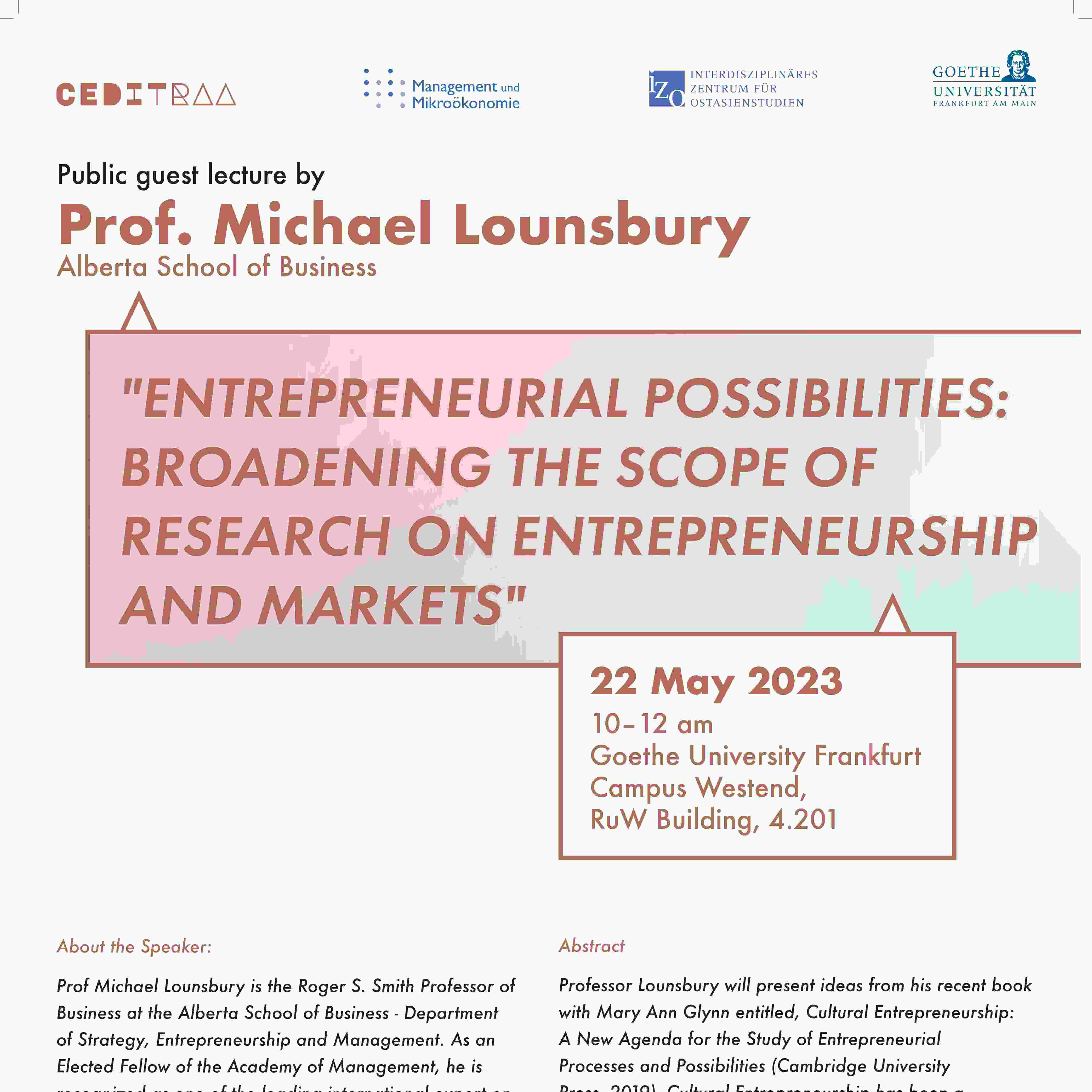News

on IZO events and publications.
on IZO events and publications.

on IZO events and publications.
on IZO events and publications.
Search for all News
IZO Events
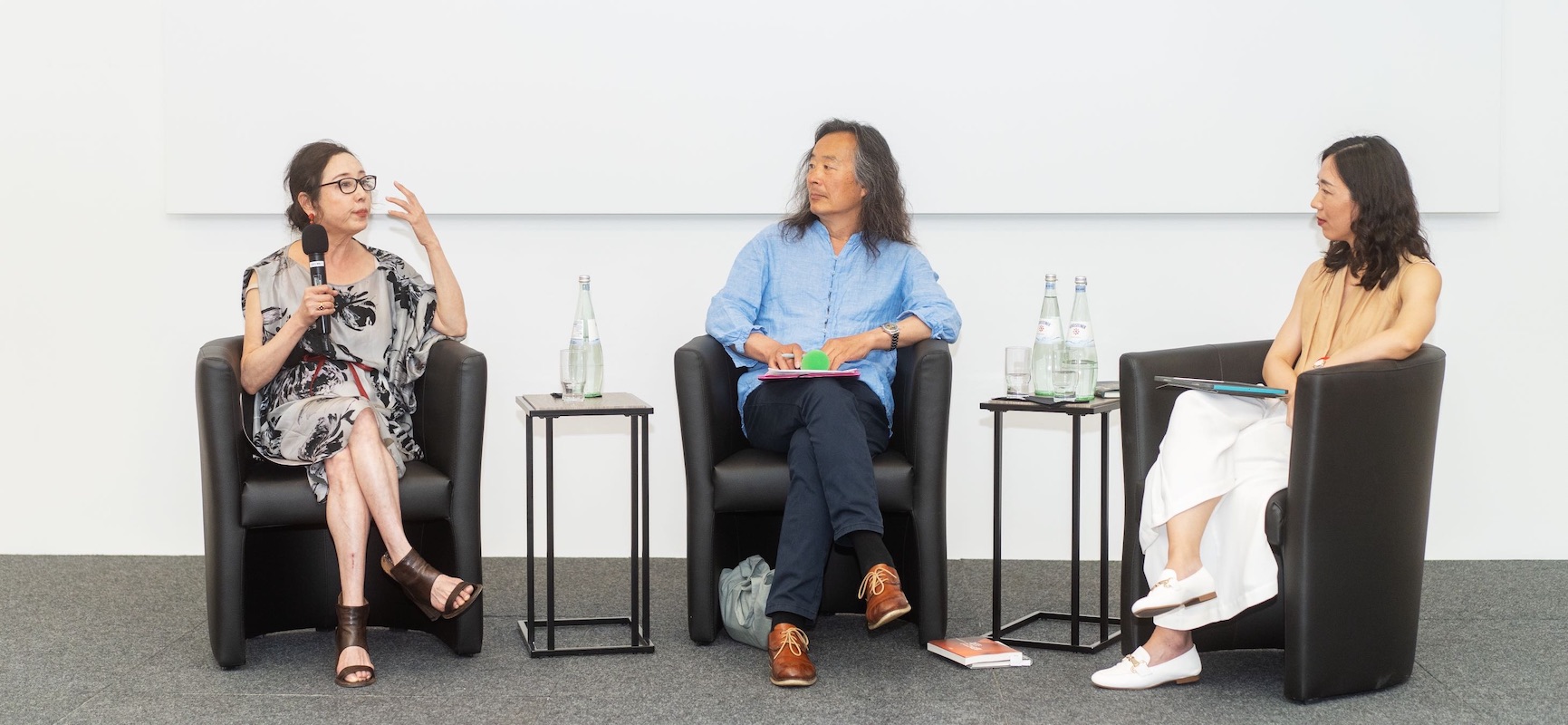
Image Credits: Peng Guo
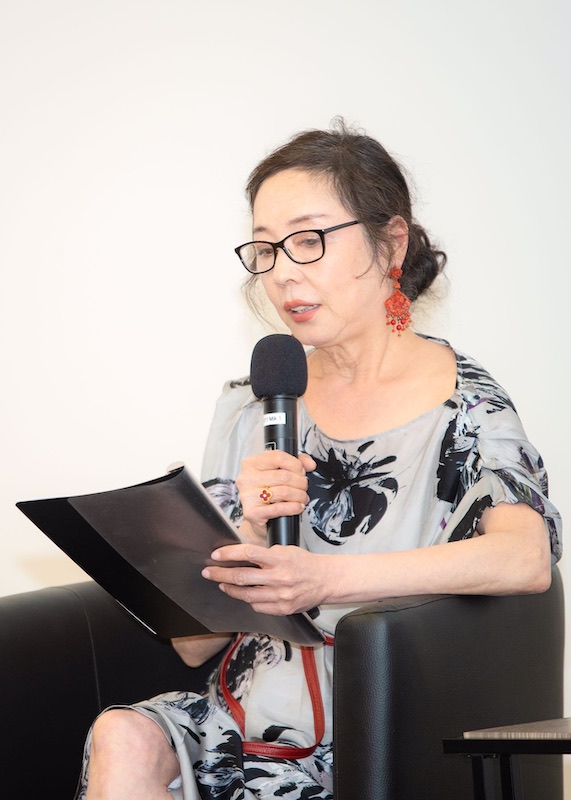
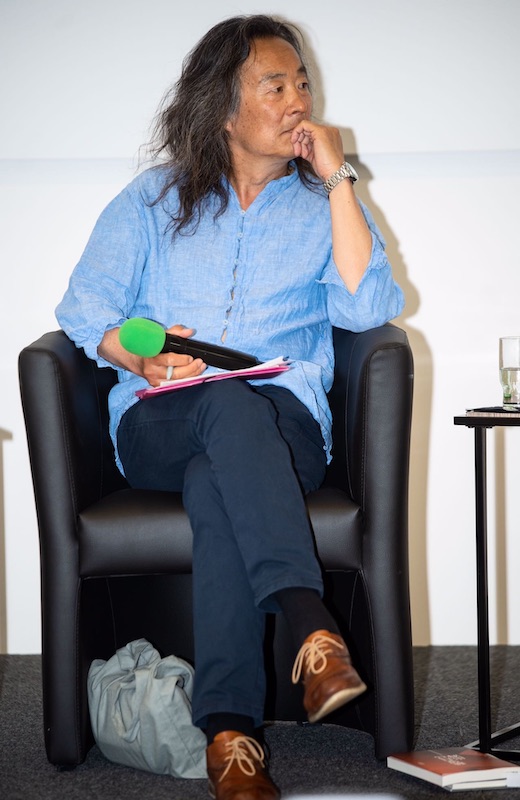
IZO Events
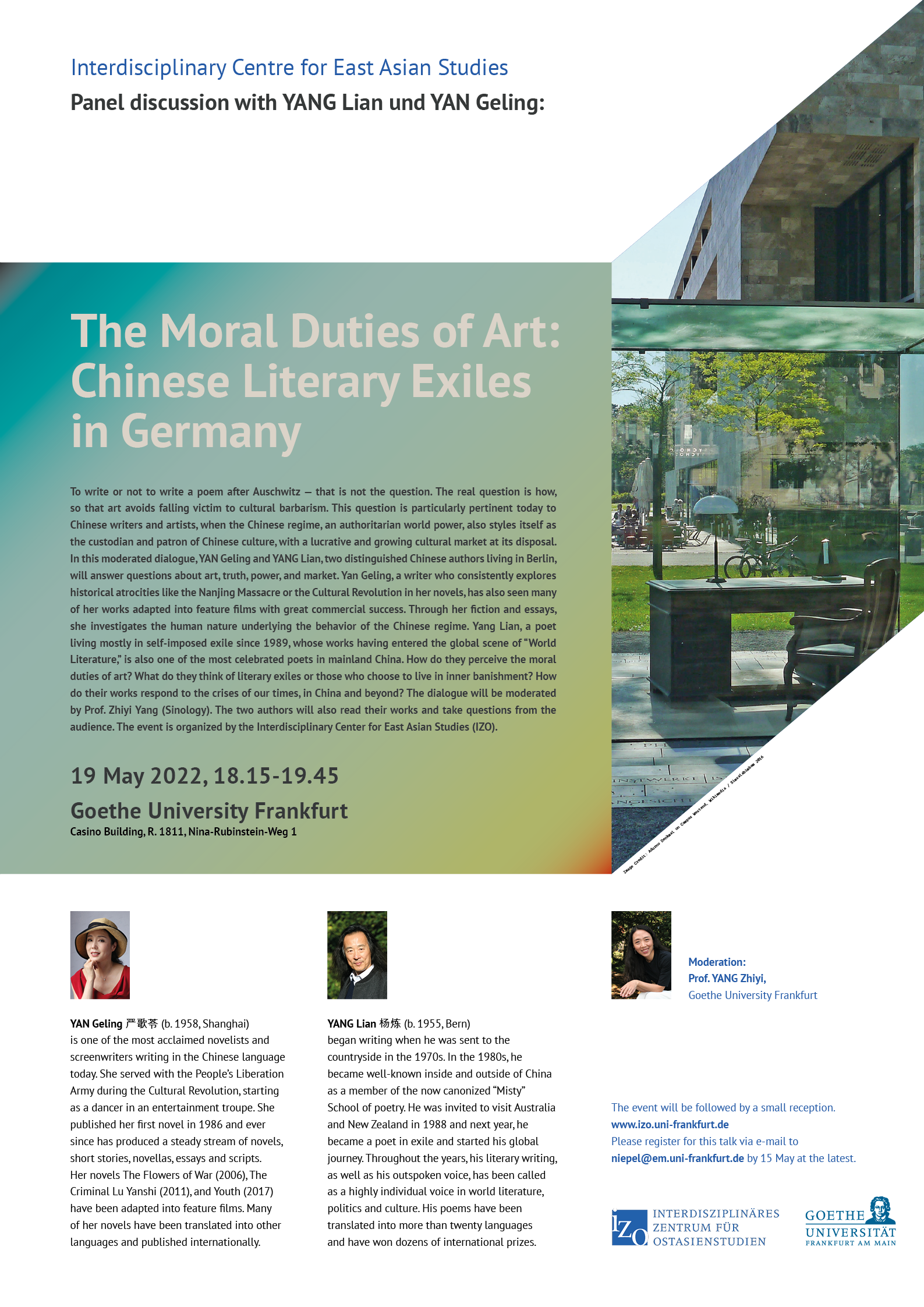
Date: 19 May 2022
Time: 6.15 – 7.45 p.m., followed by a small reception in the foyer
Place: Goethe University Frankfurt, Casino Building, R. 1811, Nina-Rubinstein-Weg 1
Please register for the talk and reception via e-mail to niepel@em.uni-frankfurt.de by 15 May at the latest.
IZO Events
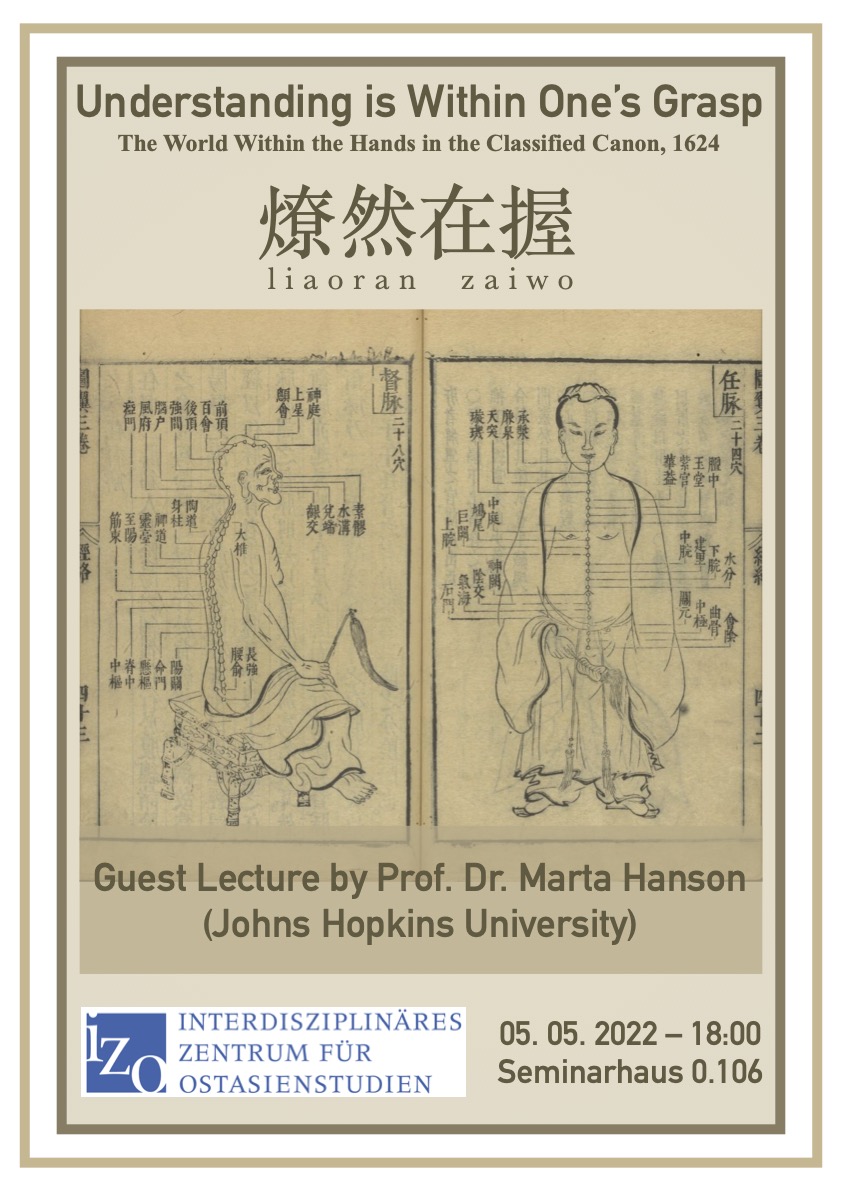
On May 5th, the IZO is organizing a guest lecture on the following topic by Prof. Dr. Marta Hanson: "Understanding is Within One's Grasp, The World Within the Hands in the Classified Canon, 1624".
By the early sixteenth century, some physicians considered the most important medical canon of Han antiquity, the Yellow Emperor's Inner Canon: Basic Questions (Huangdi neijing: suwen, ca. 1st BCE), to be in a state of crisis. Many of their contemporary physicians found it too archaic, inaccessible, and impractical to use. Many self-proclaimed healers favored more recent medical texts that private publishing had made more widely available, easier to read, and more practical for healing. The literati physician Zhang Jiebin 張介賓 (1563–1640) participated in the broader trend “to recover antiquity" (fugu 復古) by reorganizing the original Inner Canon, providing many illustrations, and adding explanations. The resulting Classified Canon, Illustrated with Commentary (Leijing tu yi 類經圖翼, 1624) also used many popularizing genres – diagrams, short essays, versified didactic poems, illustrations, and even the healer's own hand as a mnemonic tool. Dr. Zhang's amply illustrated, often versified, clearly explained, completely reorganized, and even, in part, embodied Classified Canon is best understood as one late-Ming literati physician's response to this perceived crisis. In fact, this Classified Canon was so successful among physicians in China that Jesuits used it as the source text for the first Latin translations of Chinese conceptions of the viscera and channels of the human body published in the Specimen Medicinae Sinicae (A Sample of Chinese Medicine) in 1682 in Frankfurt, Germany.Time: 05. 05. 2022 – 18:00
Place: Seminarhaus 0.106
Announcements
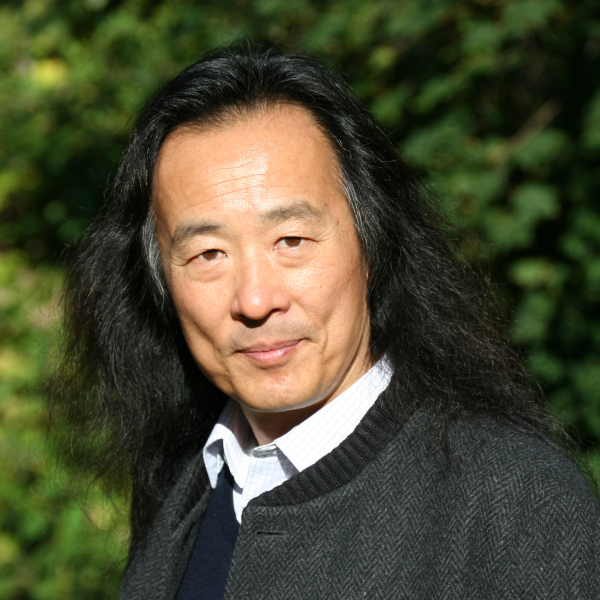
and New Zealand in 1988 and next year, he became a poet in exile and started his globaljourney. Throughout the years, his literary writing, as well as his outspoken voice, has been calledas a highly individual voice in world literature, politics and culture. His poems have been translated into more than twenty languages and have won dozens of international prizes.
Image Credits: Wissenschaftskolleg zu Berlin
IZO Events
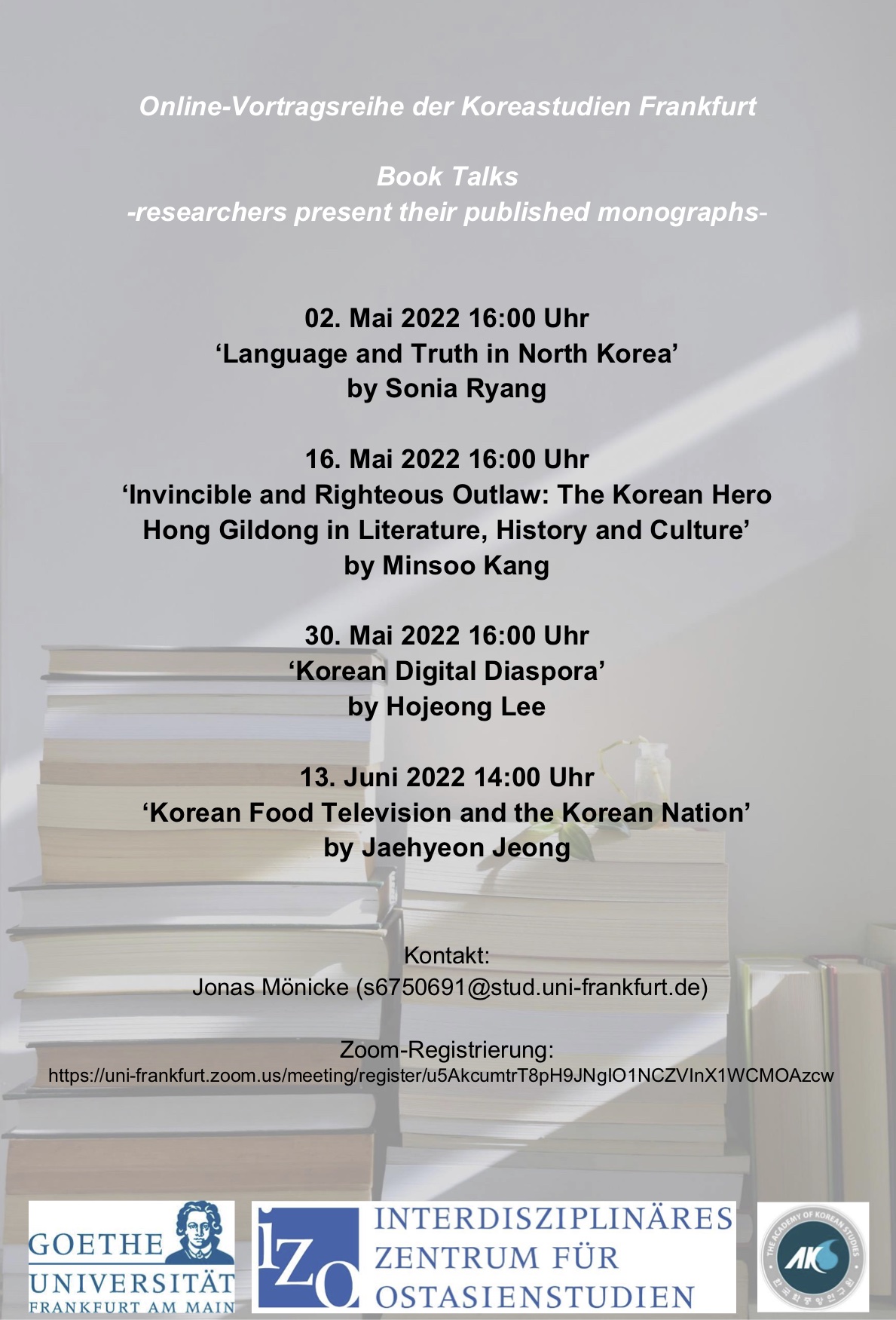
MA Modern East Asian Studies
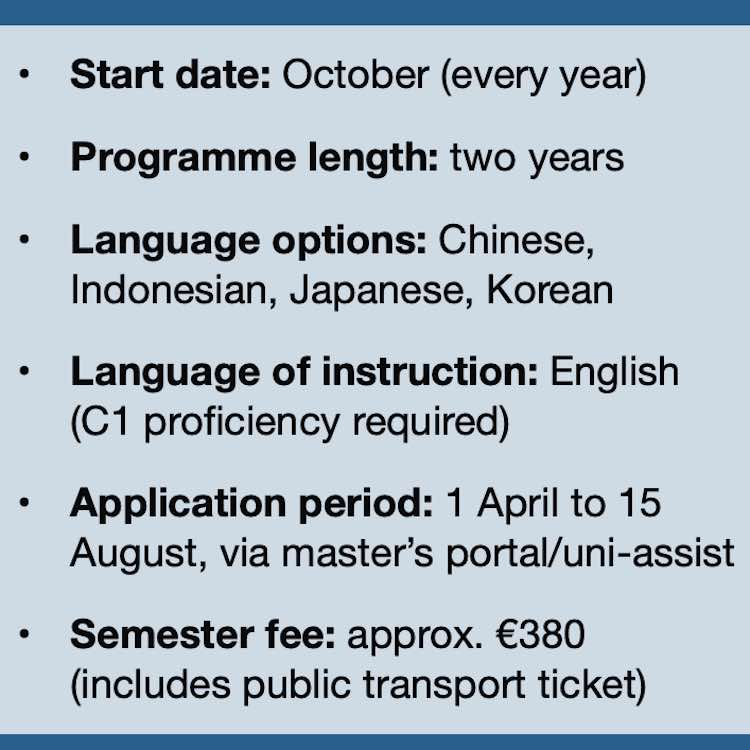
MA Modern East Asian Studies
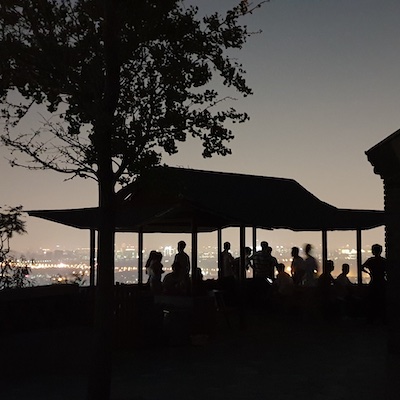
Have you
graduated from the master's programme Modern East Asian Studies (MEAS) and
would like to stay in touch with your former fellow students?
Alumni can now
register for the newly established MEAS Alumni Database! We
will then send you emails informing you about activities hosted by the
programme and its students that are of potential interest to MEAS alumni.
If you would like to be included in the MEAS Alumni Database, please write an email to Ms Kiradjieva.
MA Modern East Asian Studies
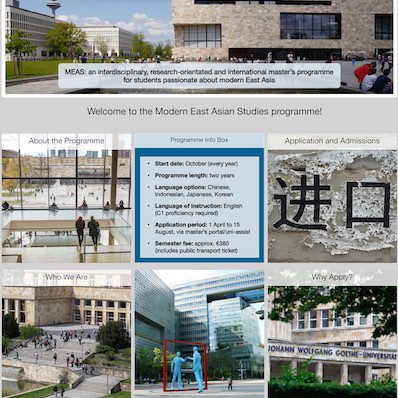
Announcements
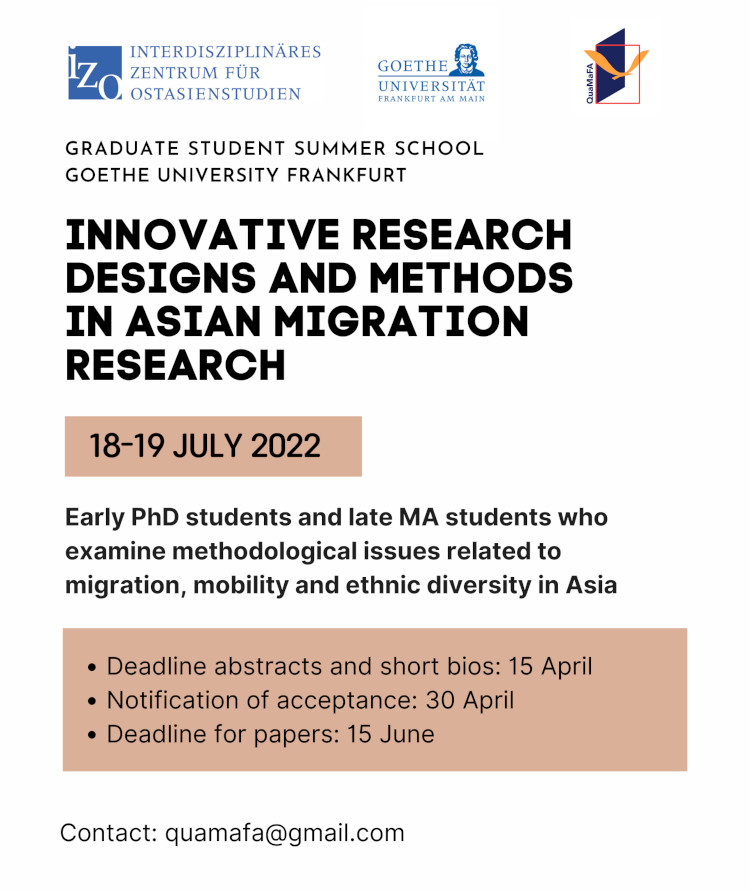
The IZO joint project QuaMaFA (Qualification and Skill in the Migration Process of Foreign Workers in Asia) hosts a graduate student summer school on “Innovative Research Designs and Methods in Asian Migration Research” from 18 to 19 July 2022 at Goethe University Frankfurt. This summer school targets early PhD students and late MA students (who can demonstrate their plan of pursuing a PhD), who examine methodological issues related to migration, mobility and ethnic diversity in Asia. This summer school aims to bring together these challenges and offers a platform to jointly discuss new opportunities and constraints that arise in a rapidly digitalizing, pandemic-struck world.
The deadline for abstract (250–300 words) and short-bio (100–150 words) is 15 April 2022 (via email to quamafa@gmail.com). Once your abstract is accepted, please submit a short paper (1500–3000 words) describing your methodological concerns or fieldwork challenges by 15 June 2022. The summer school will be held in person, but depending on the situations of travel restrictions, it may be switched to online. Costs for transportation and accommodation during the event are fully covered by the organizer of the summer school .
For further information, check out our website (https://quamafa.de/upcoming-event/).
Announcements
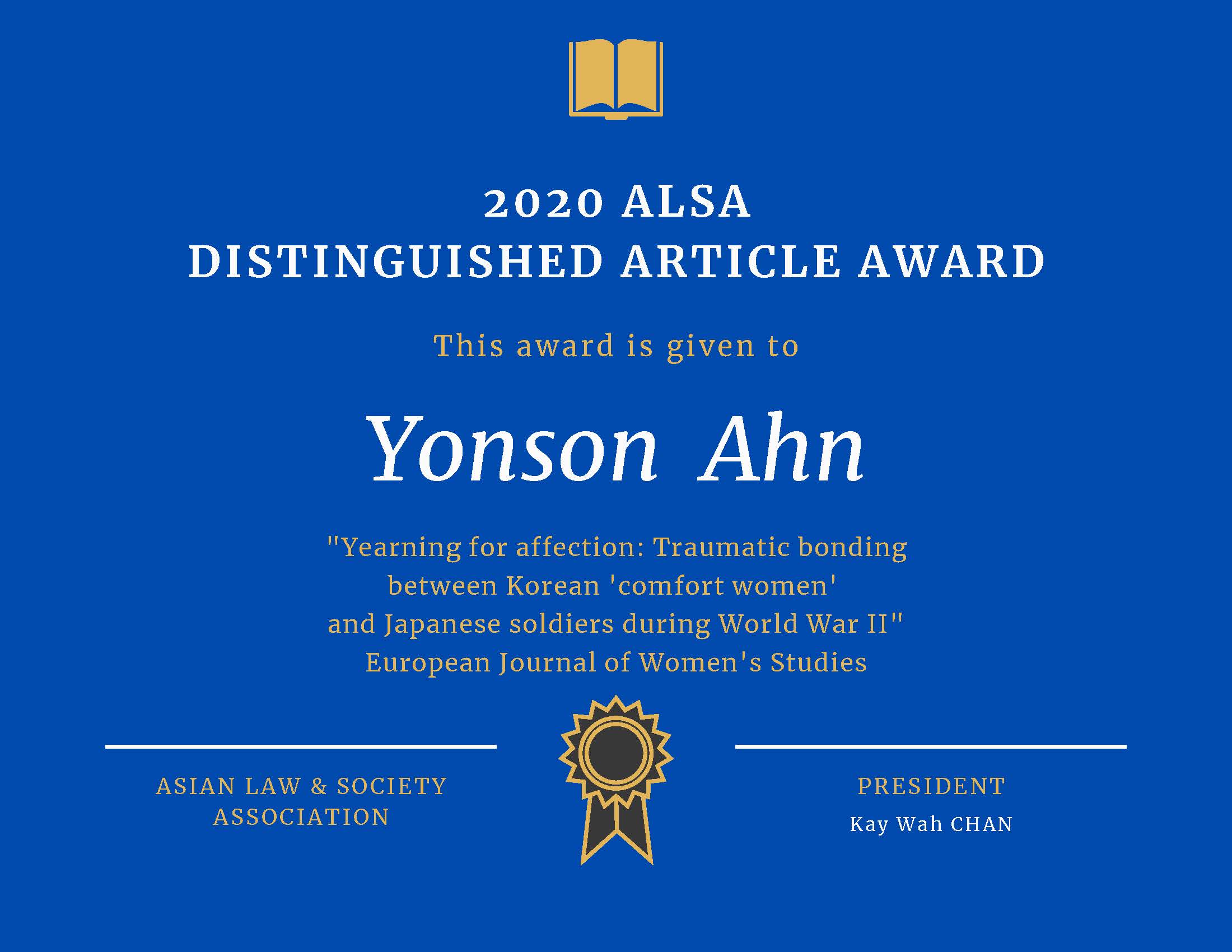
- Studying at Goethe University
- International applicants
- Faculties
- Overview of study programmes
- Programme for refugees
- GRADE
- Goethe Business School (continuing education)
- Research at Goethe University
- Scientific news
- Goethe Welcome Center (for international researchers)
- Collaborative research projects
- Individual research
- Visiting fellowships
- Endowed chairs
- About the University
- News-in-brief
- University administration
- Campus locations
- Campus life
- University archives (German)
- Rhine-Main-Universities

